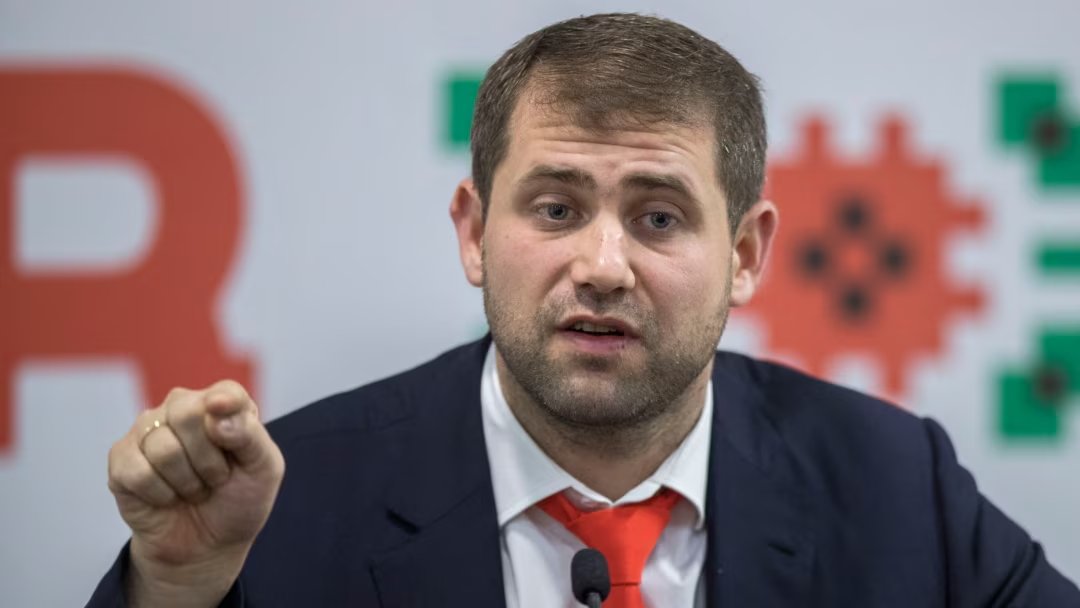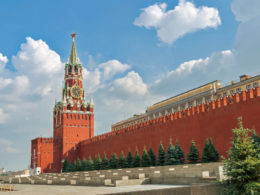A confidential intelligence report from Moldova's Security and Intelligence Service (SIS) has revealed an extensive Russian operation to interfere with Moldova's 2024 presidential elections and referendum on EU accession. The document details a sophisticated campaign combining financial manipulation, social engineering, and disinformation tactics.
According to the report, Russia established an operational command center in Moscow in early 2024, controlled by the Russian FSB and coordinated by Ilan Șor, a Moldovan businessman previously convicted of money laundering. The center's primary objective was to compromise Moldova's EU accession referendum and influence the presidential elections.
Manipulation, social engineering and disinformation
The operation utilized a complex pyramidal structure spanning from Moscow to local Moldovan communities. At its peak, the Moscow headquarters managed political strategy, organization, and finances, while a Chișinău office handled legal matters, public relations, and youth coordination. The network extended through 119 territorial cells across Moldova, encompassing 1,900 primary cells and engaging 33,000 paid activists. These activists, receiving monthly payments of 2,000-3,000 lei, were tasked with building a network that eventually reached approximately 84,000 sympathizers.
Central to this operation were two main platforms: the EVRAZIA organization and the "Victory" Bloc. EVRAZIA, established in Moscow in April 2024, operated under the guise of a non-commercial organization while actually serving as a conduit for promoting Russian influence, recruiting young Moldovans through sponsored visits to Russia, and circumventing international sanctions. The "Victory" Bloc, a coalition of pro-Șor parties coordinated by Russia's ruling party "United Russia," operated without legal status in Moldova but served as a crucial political vehicle.
The financial aspects of the interference operation were particularly sophisticated. The report details various methods of moving money, including direct cash transportation from Russia to Moldova, transfers through sanctioned Russian banks using Central Asian intermediaries, cryptocurrency platforms, and specially issued Russian payment cards. A complex system of fake donations was established to disguise illegal funding sources.
Perhaps most concerning were the training programs organized for Moldovan youth. Camps in Moscow and Bosnia-Herzegovina provided instruction in protest tactics, crowd manipulation, and confrontation with law enforcement. Some participants received advanced training in drone operation and the creation of improvised devices. The report links these trained individuals to subsequent acts of vandalism against government buildings in Moldova.
The media and disinformation campaign was equally extensive. The operation managed a network of over 160 Telegram channels, more than 90 TikTok channels, 70 Facebook groups, and 43 VKontakte bots. They created convincing fake government websites to spread disinformation and invested over 138,000 EUR in social media advertising to promote anti-EU and pro-Russian narratives.
The Russian operation also leveraged religious influence, organizing trips for approximately 500 Moldovan Orthodox priests to Moscow. These religious figures were offered Russian payment cards and promised substantial payments, allegedly in exchange for using their influence to sway voters and spread anti-EU messages.
Election monitoring itself became a battlefield. The report identifies attempts to place Russian intelligence officers as international observers, some posing as OSCE representatives. The operation organized systematic filming of polling stations abroad and created false bomb threats at voting locations in Western Europe to disrupt the election process.
The narratives promoted through these various channels consistently emphasized anti-Western and anti-EU messages, promoted the Russian-led Eurasian Economic Union, and stoked fears about war and economic deterioration under pro-Western leadership.
The Abramovich connection
Roman Abramovich's connections to Ilan Șor. According to the report, there is evidence of links between them:
- On 6 November 2023, Șor allegedly traveled to Türkiye and then to Russia where he met with Abramovich. The report claims Șor left Israel using Abramovich's private aircraft.
- Șor's name appears as a financial contributor on a plaque at the ZHUKOVKA Jewish Cultural Center in Russia (described as the largest Jewish community center), which was built by Abramovich and his associates.
- The report claims that Abramovich provided Șor with both housing and a vehicle in Russia.
The document also mentions that Rola Brentlin, described as "Roman Abramovich's first assistant," allegedly provided legal support to the so-called "Victory" bloc's lawyers.
These connections suggest a potentially significant relationship between Abramovich and the broader Russian interference operation in Moldova.
Countermeasures and looking ahead
Moldova's security services responded with various countermeasures, including 147 analytical reports to legal authorities, coordination with banks to block suspicious transactions, and collaboration with social media platforms to combat disinformation. They successfully prevented several Russian-affiliated election observers from participating and thwarted cyber attacks on election infrastructure.
The scale and sophistication of this operation, as detailed in the report, demonstrates Russia's significant investment in maintaining influence over Moldova and preventing its integration with the European Union. It provides a stark example of modern hybrid warfare, combining traditional interference methods with new technological and social media approaches.
Experts caution that with the 2025 parliamentary elections approaching, Moldova may face renewed intensified Russian influence efforts.
Related:
- Russia to intensify Moldova destabilization before 2025 parliamentary elections, expert warns
- Diaspora vote clinches Sandu’s re-election in Moldova, reflecting deep divisions within the country
- Moldova raises concerns over Russian threats aimed at disrupting EU polling stations
- Russia-based oligarch funneled $39 million into vote-buying scheme in Moldova
- Sandu claims 300,000 votes bought in “fraud of unprecedented scale” at first round of Moldova’s presidential election
- Inside Russia’s € 150 million propaganda blitz to undermine Moldova’s EU path
- EU to continue support Moldova amid rising threat of Russian interference





